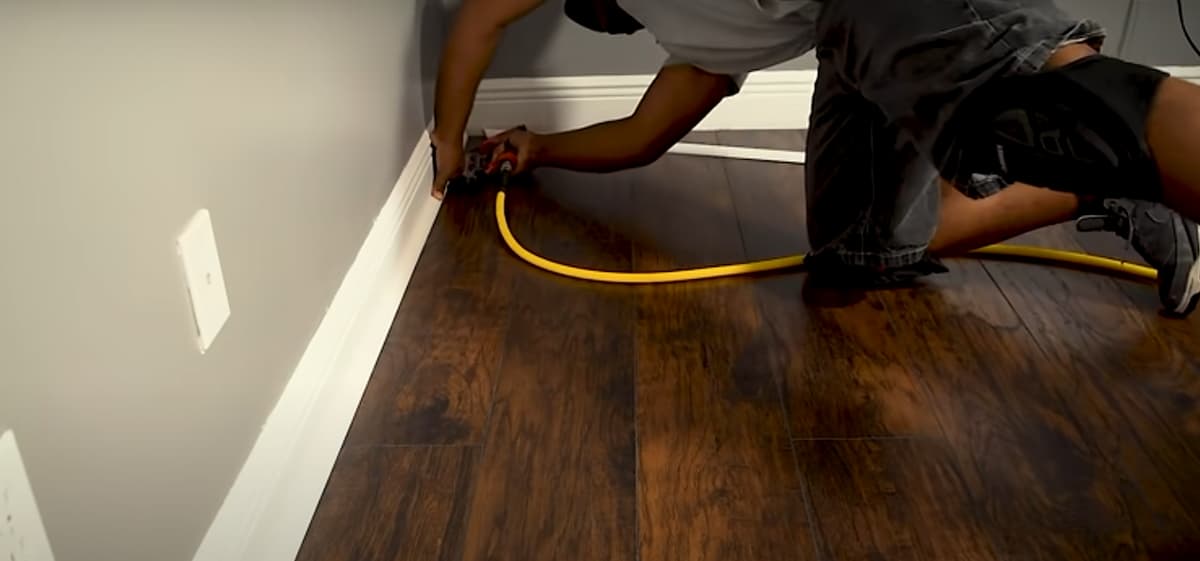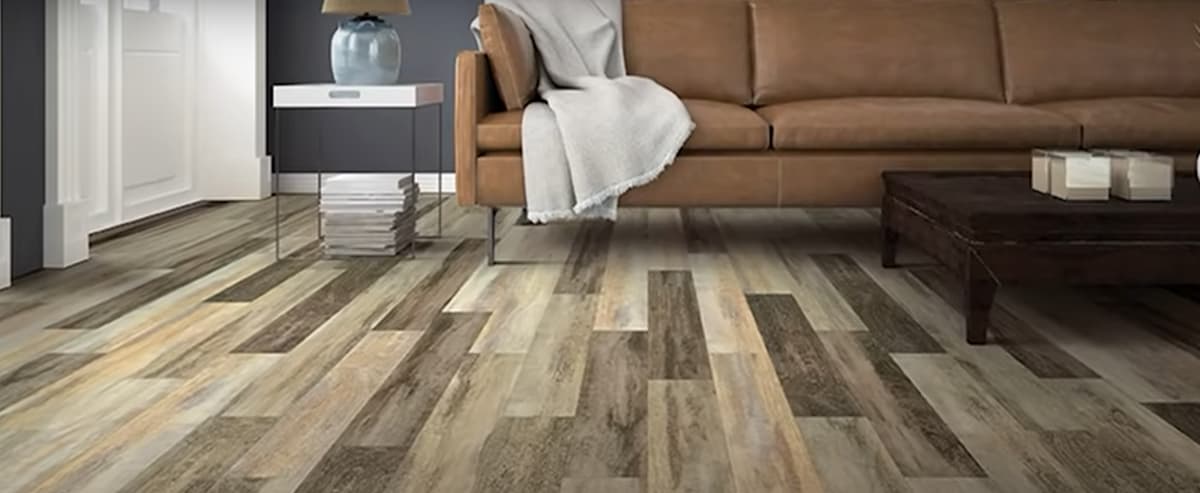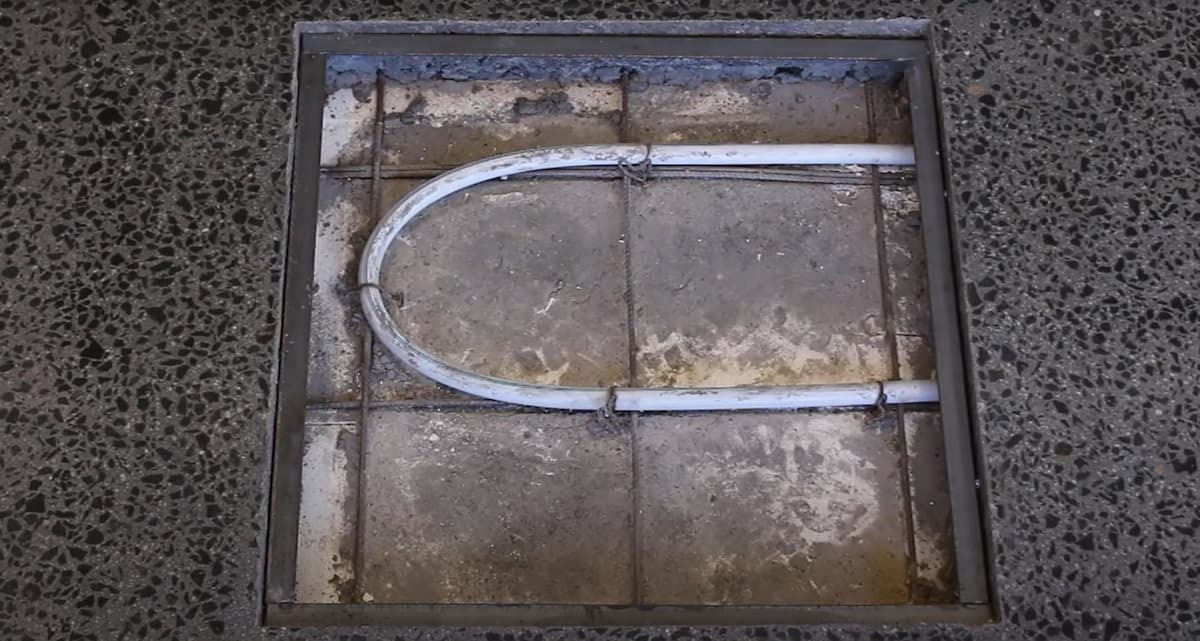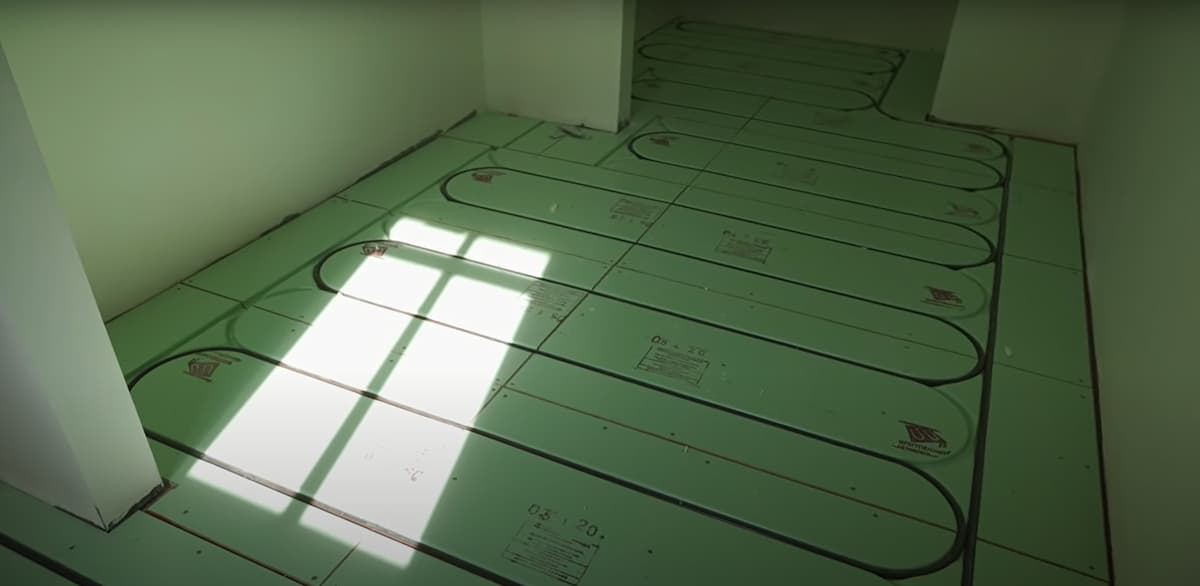
What is Epoxy Flooring | Types of Epoxy Flooring | Advantages | Disadvantages | Costs | Recommendations
Epoxy coating in its composition combines two main components: polymer resins and hardeners. The biggest benefit of applying the epoxy coating is the glossy, shiny, polished, and smooth appearance on the surface that lightens up the surrounding space. Epoxy coating is found to be attractive for both residential and commercial projects due to the endurance and the appealing final look of the flooring.
Types of epoxy flooring Self-dispersing epoxy floors
Being durable and strong, this type of epoxy flooring is used in industrial buildings that experience frequent forklift or truck traffic and different kinds of industrial loads.
Self-levelling epoxy floors
Self-leveling epoxy can be poured over an old concrete floor, filling all cracks and imperfections. As a result, you get a nice and smooth surface most suitable for kitchens, office buildings, warehouses.
Mortar epoxy floors
Mortar epoxy is the strongest amongst all types of epoxy flooring. It is applied in heavy industries or before laying other coats of epoxy to repair the cracks.
Gravelled epoxy floors
Gravelled epoxy floors are the most decorative in the epoxy flooring family, yet the most complicated to pour. Commonly, they are used to add logotypes, brand marks, or other decorative elements.
Epoxy terrazzo floors
Epoxy terrazzo flooring is decorative and low-maintaining. Most commonly, it is used in large areas in commercial and office buildings or schools.
Epoxy anti-static floors
This type of epoxy flooring is used in laboratories, hospitals, or any other environment where electro-static components are constantly being manipulated.
Advantages of Epoxy Flooring
Discarding epoxy flooring is not an option, especially if you know its main advantages.
Durability. Made to endure heavy traffic, epoxy floorings can last even for decades without being cracked or peeled. They are resistant to oil liquids and other chemicals. It is almost impossible to stain epoxy flooring if anything got spilled on it.
Appearance. Epoxy coats provide a sophisticated appearance on residential or commercial surfaces. By choosing from the variety of colors and designs, you will enjoy the decorative outcomes beneath your feet.
Budget-friendly. Epoxy flooring costs less compared to tiles or timber flooring. Requiring low maintenance, epoxy flooring is a real cost-saver.
Disadvantages of Epoxy Flooring
Delayed finish. Some epoxy floorings can take up to 30 days before they are completely cured, as compared to solid timber flooring or bamboo flooring which can be installed in a day with the right conditions. For home and business owners this seems impractical because it means to pause their services and activities while their epoxy flooring is getting set.
Demanding installation. Before installing epoxy flooring, make sure that the following checkpoints are under your control. Removal of grease, oils, other liquids and moisture is an essential part of the project that guarantees the quality of the flooring.
Update costs. Even if it is a highly economical flooring solution, updating an epoxy can require extra labour and material costs that have to be considered. There are cheaper solutions available such as vinyl flooring, however, there are very different products.
Cost of Epoxy Flooring in Australia
In Australia, epoxy flooring cost ranges between $AUD30 to $AUD35 per square metre when installed by professionals. If you want a more decorative solution for the flooring, prices go up to $AUD80 – $AUD100.
In both cases, the price in Australia is determined by the size of the surface, the preparation work needed before installation, or by the details and decorations you want to implement.
While making your estimates, contact a flooring specialist to help you with the right epoxy type that will be most suitable for your needs.
Should you hire a professional to install Epoxy Flooring
Referring to an experienced professional for guidance in the early stages of the planning and estimation process saves you money and energy from unexpected adjustments or fixes. Prevent the risk of damages that are caused by the lack of knowledge and let the flooring specialist do the job for you.





